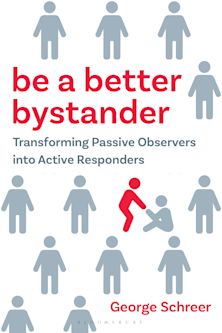- Home
- ACADEMIC
- Psychology
- Social Psychology
- Theories of Intergroup Relations
Theories of Intergroup Relations
International Social Psychological Perspectives
Theories of Intergroup Relations
International Social Psychological Perspectives
You must sign in to add this item to your wishlist. Please sign in or create an account
Description
As the world faces an array of increasingly pervasive and dangerous social conflicts--race riots, ethnic cleansing, the threat of terrorism, labor disputes, and violence against women, children, and the elderly, to name a few--the study of how groups relate has taken on a role of vital importance to our society. In this thoroughly updated and expanded second edition, major international theoretical orientations to intergroup relations are outlined and critiqued, with particular attention given to exciting new developments in the field. Changes in approach to such enduring social issues as discrimination are discussed, and new sections focus on emerging topics including affirmative action, tokenism, and multiculturalism.
Table of Contents
The Freudian Legacy of Intergroup Research
Realistic Conflict Theory
Social Identity Theory
Equity Theory: Reconciling Affirmative Action
Relative Deprivation Theory: Meeting the Challenge of Resource Mobilization Theory
A Five-Stage Model of Intergroup Relations: Tokenism as a Potent Form of Discrimination
Stereotypes, Attributions, and Discrimination
Intergroup Contact: From Desegregation to Multiculturalism
Toward an Integrated Theory of Intergroup Relations
Bibliography
Subject Index
Author Index
Product details
| Published | 30 Jun 1994 |
|---|---|
| Format | Ebook (PDF) |
| Edition | 2nd |
| Extent | 256 |
| ISBN | 9780313391002 |
| Imprint | Praeger |
| Publisher | Bloomsbury Publishing |



































